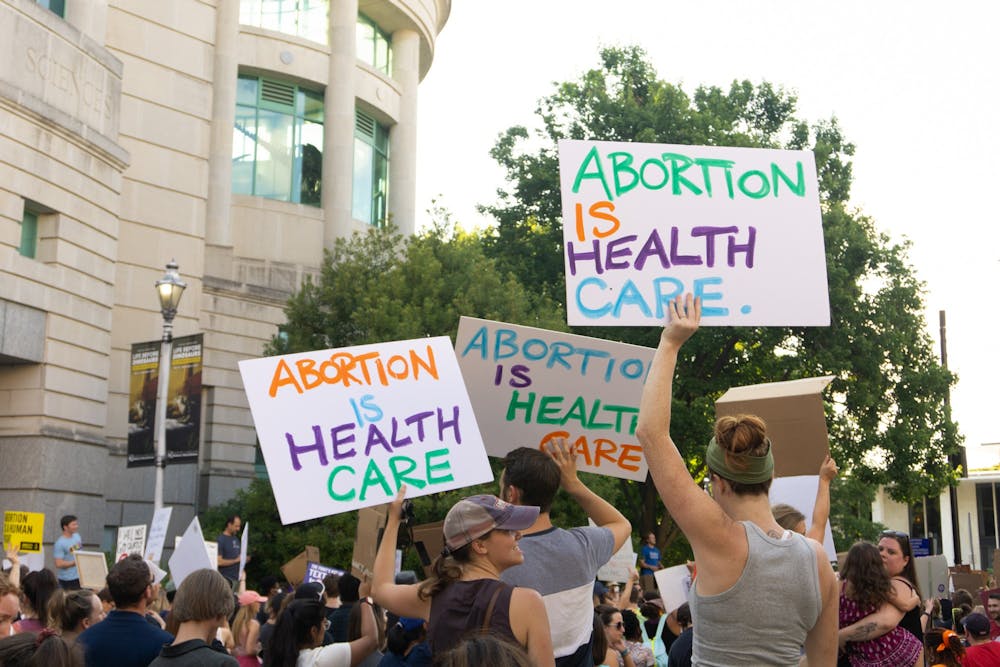On June 24, the United States Supreme Court overturned Roe v. Wade, a landmark 1973 decision that affirmed the constitutional right to abortion. The decision leaves us facing an America where not everyone is afforded the same access to reproductive health care.
With abortion rights no longer protected at the federal level, legislation is now left to individual states. Many states are beginning to ban or severely restrict abortion access.
Access to abortion and reproductive care
One of the most important aspects of abortion advocacy is knowing the dangers of anti-abortion legislation, and why abortion rights are absolutely crucial to healthcare. Before the 1800s, abortion was completely legal nationwide. It was not until the mid-to-late 1800s that states began to pass laws making abortion illegal.
However, the criminalization of abortion did not prevent individuals from receiving the procedure.
Many people who attempted to self-induce abortions or went to untrained practitioners were killed or suffered serious medical complications.
Procedures coined “back alley abortions" can be fatal, even today. However, legally sanctioned abortion care provides safer options. The Roe v. Wade decision made it possible for individuals to receive abortions from well-trained medical professionals, resulting in fewer pregnancy-related deaths and injuries.
Without Roe, many individuals from states with strict abortion bans will be forced to travel hundreds of miles to receive abortion care, or submit themselves to illegal and potentially dangerous abortions.
Abortion bans most severely impact people in marginalized groups who already disproportionately struggle to access quality health care. According to the Center for Reproductive Rights, Black, Indigenous, and other people of color, members of the LGBTQ+ community, people with disabilities and people living on low incomes are often prevented from accessing safe reproductive care.




